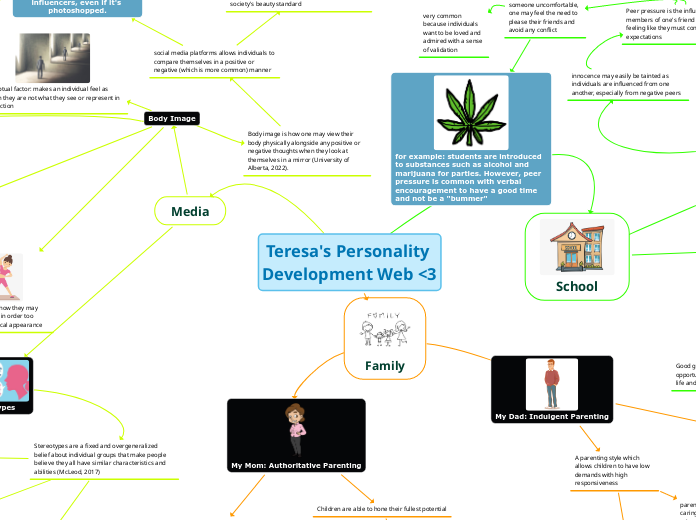Teresa's Personality Development Web <3
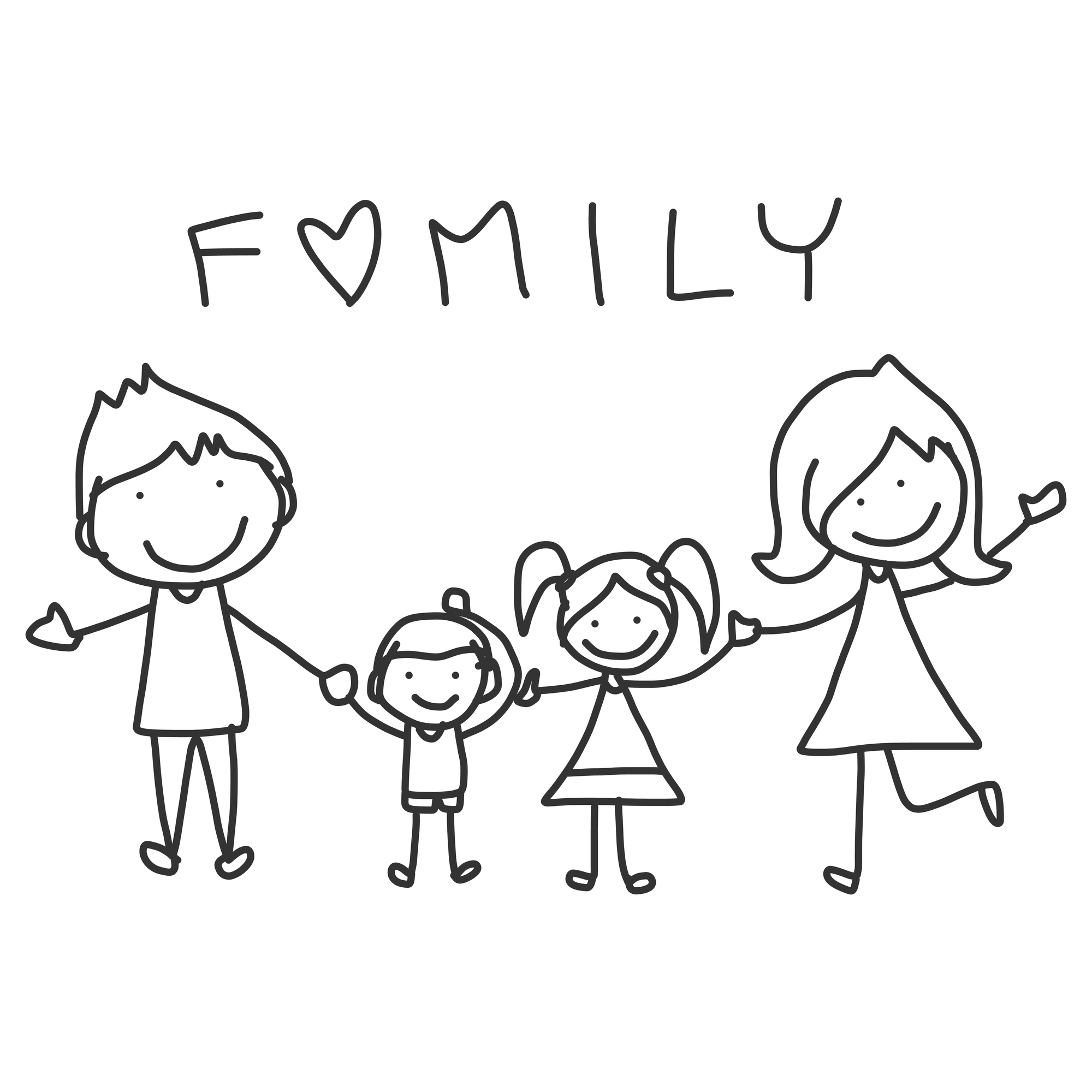
Family

My Mom: Authoritative Parenting
Authoritative parenting demonstrates reasonable demands from their children with high responsiveness (Cherry, 2020)
my mother made sure to remain strict and control my actions to a reasonable extent

For example: I am allowed to go out as long as I provide details regarding who I am with and where I am going
allows me to feel comfortable about telling her truth without the fear of losing her validation

For example: If I misbehaved or got in severe trouble, I would receive a reasonable punishment like taking my phone away or being grounded for a week.
leads to being able to express emotions openly, open communication / social skills, and understanding boundaries and self-control.
Children are able to hone their fullest potential
parents provide children with the appropriate resources and support necessary in order to do their best like textbooks or extracurricular lessons

My mom would try her best to make me participate in extracurricular activities to gain skills like swimming, gymnastics, skating, piano and etc.
at the time, I did not enjoy these extra lessons, but they taught me life-long lessons and gave me the confidence to hang out with my friends and worry I can't participate in activities

My Dad: Indulgent Parenting
Rather than seeing children as younger adolescents, they see them as friendly figures and try not to enforce the parental figure around them

very nurturing and loving, but no lessons and/or discipline

leads to lack of self-discipline, poor social skills and insecurities due to a lack of guidance and boundaries (Cherry, 2021)
A parenting style which allows children to have low demands with high responsiveness
parents will act EXTREMELY caring with little to no tolerance for guidelines and rules
even if I got in trouble, I would never get yelled at by my dad (indulgent parenting), but rather only from my mother (authoritative parenting)
my father is actively involved and cares for me, but places very few restrictions and having no consequences for my actions

always spoiled and treated me like a princess, thus growing up acting entitled and sometimes obnoxious

for example: my father would give me any toy I wanted, even if my mom told me I did not need it. I wanted to buy many Barbie dolls, but in the end, I got sick of them quickly and ended up wasting his money.
Media
Body Image
Body image is how one may view their body physically alongside any positive or negative thoughts when they look at themselves in a mirror (University of Alberta, 2022).
social media platforms allows individuals to compare themselves in a positive or negative (which is more common) manner
This may easily affect one's self esteem as they feel like they are not attractive according to society's beauty standard
For example, young teenage girls may go on Instagram everyday to compare themselves to supermodels or influencers, even if it's photoshopped.

one may set unrealistic expectations amongst themselves and lack self-appreciation for their own beauty. This also causes insecurities and in extreme cases, depression
therefore, body image may easily impact an individual in any environment like teenage girls in high school

From an early age, I would watch television shows where women were praised for their slender figures or beauty. This made me feel insecure as I was not fully developed and compared myself to other women. I never felt like I was enough and never felt attractive in comparison to societal beauty standards. I would be ridiculed for my physical appearance and felt belittled when my family would call me overweight and would need to exercise.

According to Asian standards, women had to be slender and pale to be considered attractive but American standards believe women are more attractive as curvy and tan.
Although it was difficult to adjust, I learned how to love and appreciate what I was born with and decided to make a change to my life to become healthier and happier.
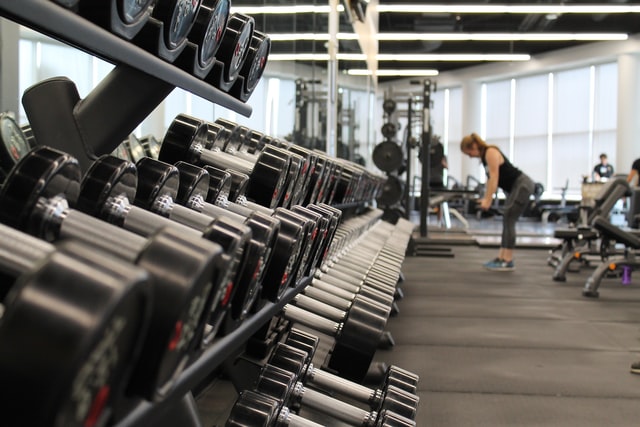
I started going to the gym

this led to a sense of confidence, patience, self-appreciation and motivation to strive to accomplish set goals

I went on social media cleanses

I started to eat healthier and live a better lifestyle

behavioral factor: how they may change and/or act in order too change their physical appearance

Affective factor: what they may dislike or like which focuses on weight, shape and appearance

Perceptual factor: makes an individual feel as though they are not what they see or represent in a reflection
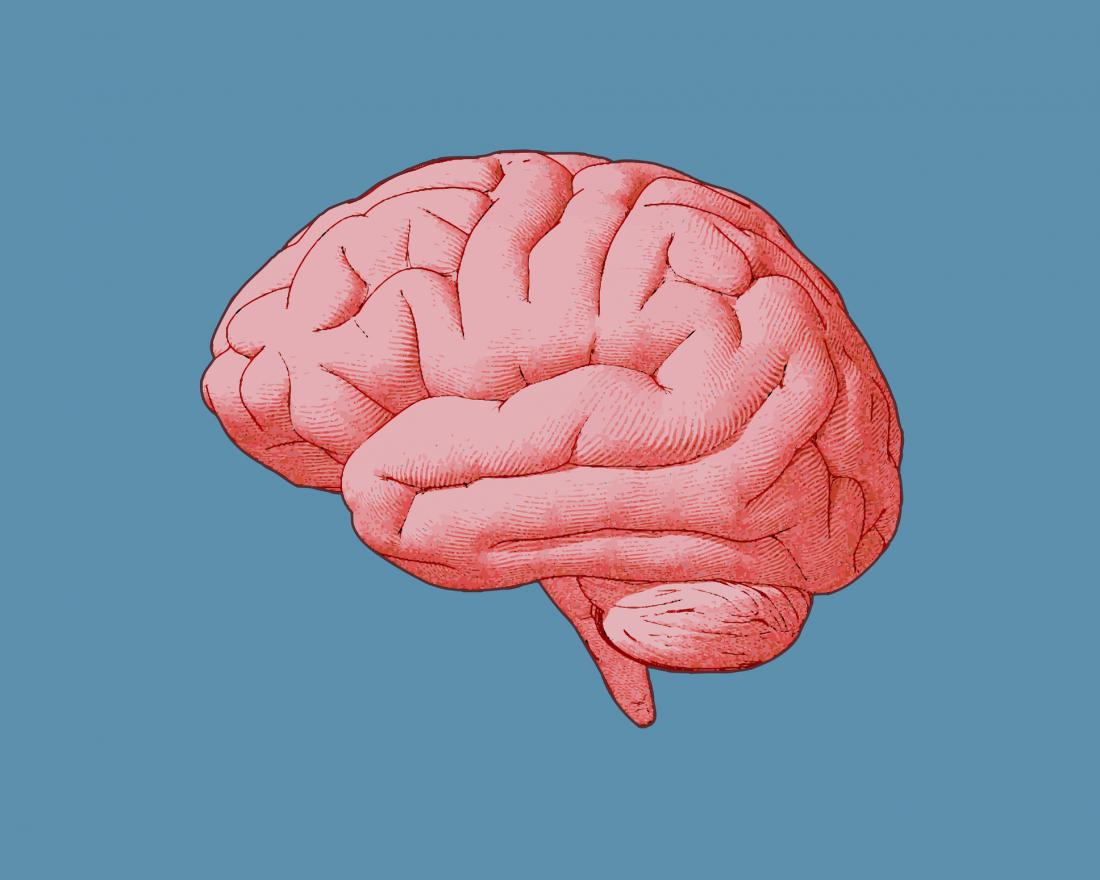
cognitive factor: focuses on correlation between what one believes about themselves versus the way they think about themselves

Stereotypes
Stereotypes are a fixed and overgeneralized belief about individual groups that make people believe they all have similar characteristics and abilities (McLeod, 2017)
Disadvantages: generalizing individuals based on physical appearances may be ignorant as it might not be true and only forces them to conform to others' expectations
leads to social categorization which creates social groups being ranked in the social hierarchy
negative forms of stereotypes such as racial stereotypes which belittles individuals based on their race and culture
Advantages: it may allow individuals to connect easily and adapt easily to their surroundings and peers
Social media enforces stereotypes amongst individuals where their portrayed appearances is how their personalities are as well
it is EXTREMELY easy to fake an impression on social media to impress others and act in a different manner (ex. acting confident online while being shy in person
creates a false impression of an individual and difficult to fully understand their true selves
For example:many individuals may feel the need to excessively post ongoing events in their lives to appear popular and busy while other individuals that would lack social skills or be extremely intelligent would be considered “nerdy” and fall into the stereotype of not being considered “popular and cool.”

Stereotypes may lead to identity crises as they may never truly understand who they are, insecurities and feeling alienated from society
Asian people were always regarded in society and seen as geeky and nerdy as racial stereotypes consider anyone of Asian Heritage to be nerdy and quiet.

In elementary school, people believed I was smart based on my ethnicity and not because of my work ethic and time management. Although I want to go into dentistry and pursue a career in the STEM field, people often stereotype Asians as becoming the next doctor and being incredible at math, thus placing more pressure and expectations on them. It is unfortunate to have no role in films and media for the Asian community as they rarely obtain roles as a protagonist but rather, as a side character. Crazy Rich Asians is the first movie to portray Asian actors without excessive racist remarks
I gained great knowledge and understanding of the world's flaws and stereotypes, and the confidence to challenge the social hierarchy against racial stereotypes Asians face in our society

School

The Pressure of Exceeding Academic Expectations

Good grades provide individuals with the opportunity to gain employment, a social life and to boost one's confidence
young adolescents and high school students often feel pressured by parents and teachers to be academically successful and motivate them through words of encouragement or threats.
the right motivation is needed to study hard rather than to do it to please other individuals
students often use their academic marks to prove their self-worth and may see themselves as superior if above average
must maintain marks above the standard academic expectations
To be admitted to a prestigious university, one must maintain a high average to compete with other students and remain competent
From an early age, I was taught that my education is very important and I must always maintain it for a successful future
this added a weight onto my shoulders and initially made me feel very stressed and anxious
taught me extremely important skills through experiences and test trials
for example, I used to procrastinate my assignments, but the discipline from high school fixed this habit in order to reach my fullest potential

leads to developing time management skills, organization, responsibility, patience and the ability to take initiative
allowed me to reach my fullest potential

May temporarily make one stressed, anxious and the need to seek validation from others

Peer Pressure
innocence may easily be tainted as individuals are influenced from one another, especially from negative peers
Peer pressure is the influence from members of one's friend group and feeling like they must conform to their expectations
although it may make someone uncomfortable, one may feel the need to please their friends and avoid any conflict

for example: students are introduced to substances such as alcohol and marijuana for parties. However, peer pressure is common with verbal encouragement to have a good time and not be a "bummer"
very common because individuals want to be loved and admired with a sense of validation
I learned life long lessons that high school is about taking bad experiences as learning lessons to find genuine people who can be good influences and be independent

watching my friends make bad decisions for themselves at parties and asking to join is very tempting, but I learned my limits and how to control myself
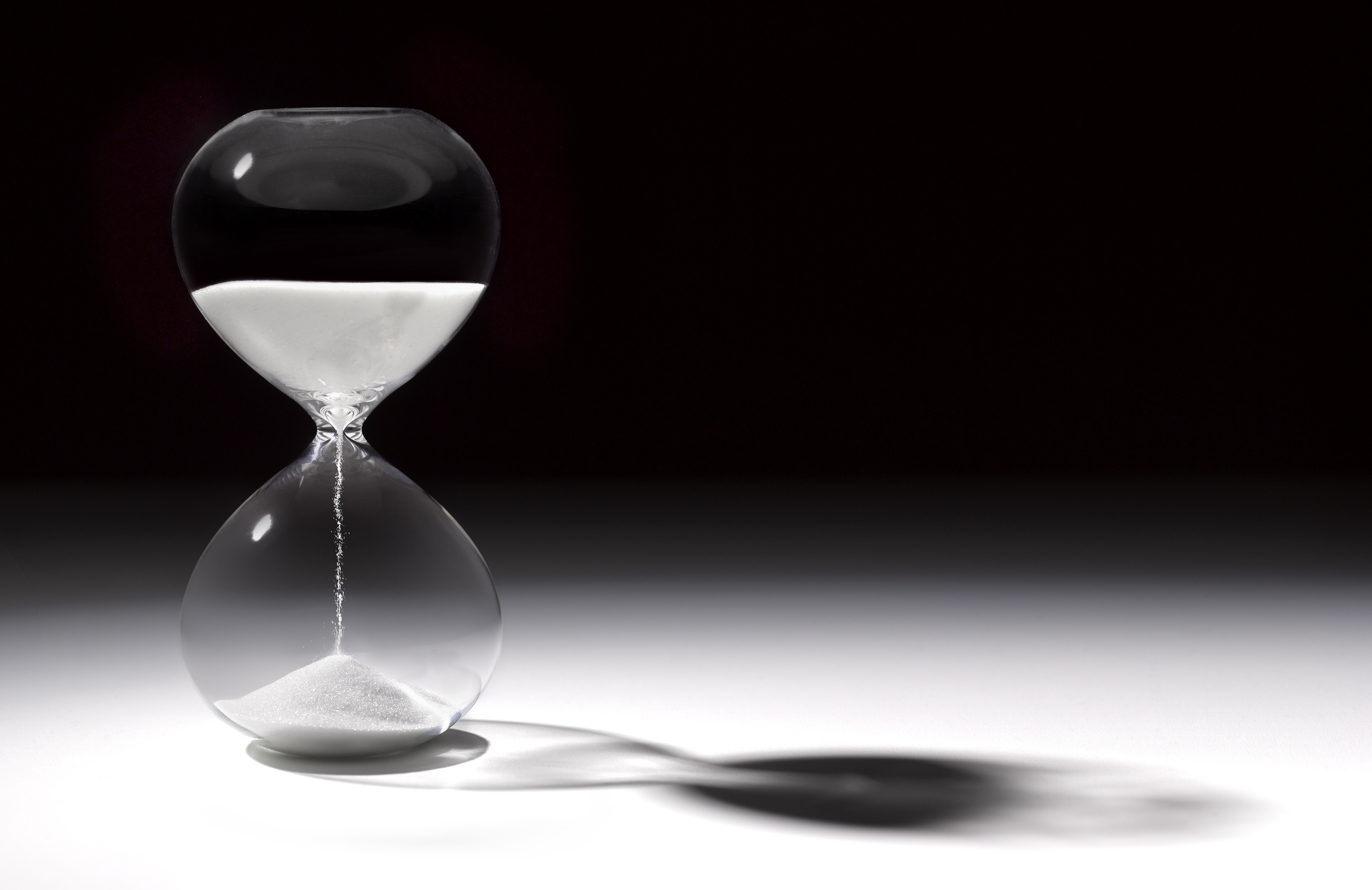
leads to patience, independence, confidence, self-control, discipline and courage
Peer pressure may have both benefits and repercussions depending on the severity and situation
A study by Dumas, Ellis and Wolfe demonstrates that individuals with great identity commitment engaged in fewer risk behaviours than individuals with lower identity commitment (Santrock, 2011)
peer pressure may be seen as an educated learning experience as gain the confidence to say "no"
